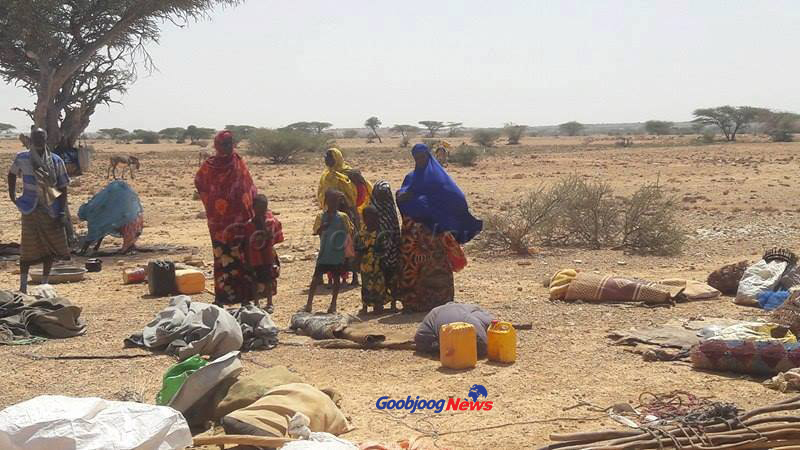Humanitarian agencies appeal for $864m as millions of Somalis plunge into food crisis


Humanitarian agencies in Somalia have appealed for close to a billion dollars to salvage about four million Somalis on the brink of starvation as drought continues to bite the Horn of Africa nation.
The call, the agencies led by the UN says seeks to supply urgent life- saving humanitarian assistance for 3.9 million people across Somalia among them 50,000 children who are severely malnourished.
UN Humanitarian Coordinator for Somalia Peter de Clercq warned in Mogadishu Tuesday the number of those facing starvation was steadily rising appealing for quick international response to avert crisis as people die of hunger and livestock decimated in most parts of Somalia.
“The humanitarian situation remains grim for millions of Somalis. We are faced with a slight but steady increase in the number of people in need, and most recently with a significant risk of further deterioration to famine,” said de Clercq.
Overall, the agencies said some 5 million Somalis are still in need of humanitarian aid while 320,000 children under ages of 5 years are acutely malnourished and in need of urgent nutrition support.
The UN said the warnings by the humanitarian agencies and the Federal Government of Somalia must be given due attention since the situation was worsening by the day. Goobjoog News correspondents have reported of human deaths and livestock from the north of the country, eastern, central and southern Somalia.
“Given the early warning, provided by the humanitarian community and the Federal Government on the drought situation, early action is the only way to demonstrate that we have learnt the lessons from the past to avert another catastrophe,” added de Clercq.
The Food Security and Nutrition Analysis Unit an information component of the Food and Agriculture Organisation FAO in its Food Security Alert Tuesday also warned food security is expected to further deteriorate over the comings months and until May/June when the situation is expected to ease off. However, FSNAU notes the situation could still remain worse should the Gu season in the second half of the year fail.
“If the 2017 Gu season is also poor, as currently forecast, the severity and magnitude of food insecurity will be even larger than currently anticipated. In a worst-case scenario where the 2017 Gu season performs very poorly, purchasing power declines to levels seen in 2010/11, and humanitarian assistance is unable to reach populations in need, Famine (IPC Phase 5) would be expected,” said FSNAU.
The current food crisis in the country is attributed to the failed April to June 2016 Gu season and subsequently absence of rains in the October to December 2016 Deyr season, the UN says.